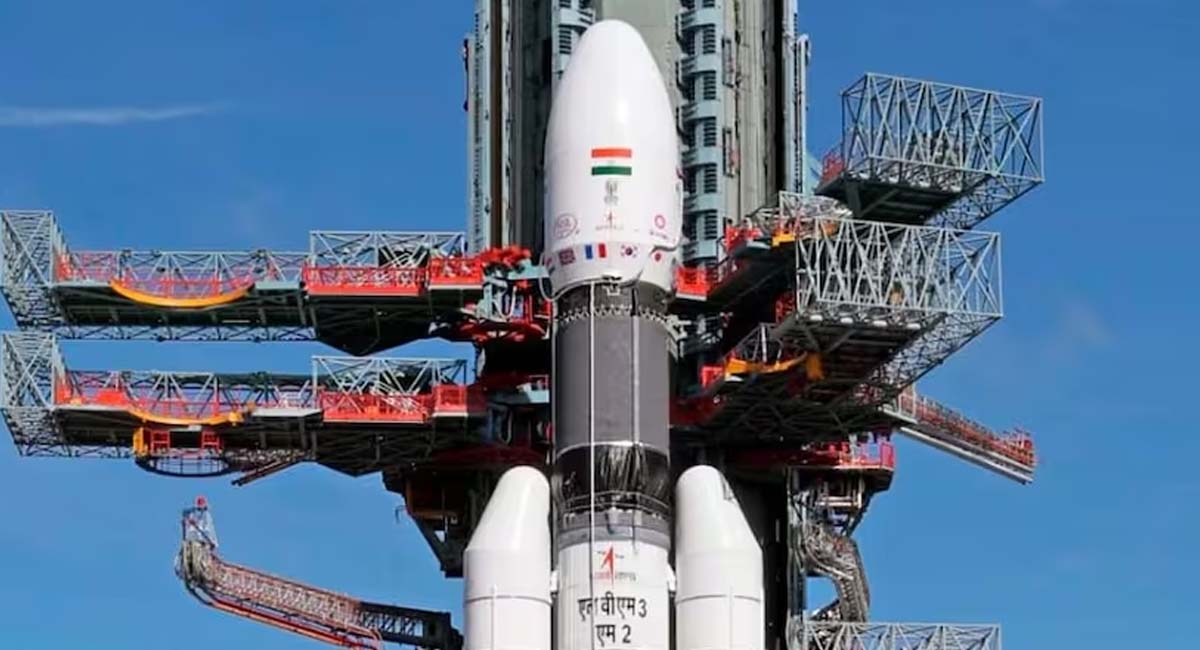
The Indian Space Research Organisation (ISRO) achieved a significant milestone with the successful launch of Chandrayaan-3 aboard the GSLV Mark 3 (LVM 3) heavy-lift launch vehicle. This mission holds immense importance as it aims to overcome the challenges faced during Chandrayaan-2’s soft landing on the lunar surface in 2019. Director of ISRO, S Somanath, emphasized the criticality of landing as a pivotal step for further lunar exploration.
The Significance of Landing
S Somanath, the ISRO chief, highlighted the importance of landing for future lunar exploration endeavors. Successfully landing on the moon is a prerequisite for several crucial activities, including sample collection, human missions, and the establishment of moon bases. Chandrayaan-3‘s mission aims to achieve precisely that – a successful landing to pave the way for more extensive lunar exploration.
Chandrayaan-3: A Follow-Up Attempt
Chandrayaan-3 is India’s determined follow-up attempt after the Chandrayaan-2 mission encountered challenges during its soft landing, leading to the reevaluation of its core mission objectives. Now, with valuable insights from its predecessor’s mission, Chandrayaan-3 aspires to achieve a triumphant lunar landing.
The Journey and Landing Date
Launched successfully from the Satish Dhawan Space Centre in Andhra Pradesh’s Sriharikota, Chandrayaan-3 embarks on a month-long journey from Earth to the moon. The spacecraft’s anticipated landing is scheduled for August 23. Once it lands, the mission is set to operate for one lunar day, equivalent to approximately 14 Earth days.
India’s Space Exploration Milestone
Chandrayaan-3 seeks to make India the fourth country to land its spacecraft on the lunar surface, following the United States, China, and Russia. This ambitious mission will showcase India’s capabilities for safe and soft lunar landings, bolstering its position in the global space exploration arena.
Scientific Objectives
Equipped with a lander, a rover, and a propulsion module, Chandrayaan-3 weighs approximately 3,900 kilograms. As it traverses over 3,00,000 km to reach the moon, scientific instruments onboard will meticulously study the lunar surface, enriching our understanding of the moon’s unique characteristics.
Unlocking the Moon’s Secrets
The moon holds a treasure trove of information about Earth’s past. A successful lunar mission by India will not only advance our knowledge of the moon but also contribute to a deeper understanding of our own planet. Furthermore, this accomplishment will set the stage for future interplanetary explorations, taking us one step closer to unraveling the mysteries of the solar system and beyond.


